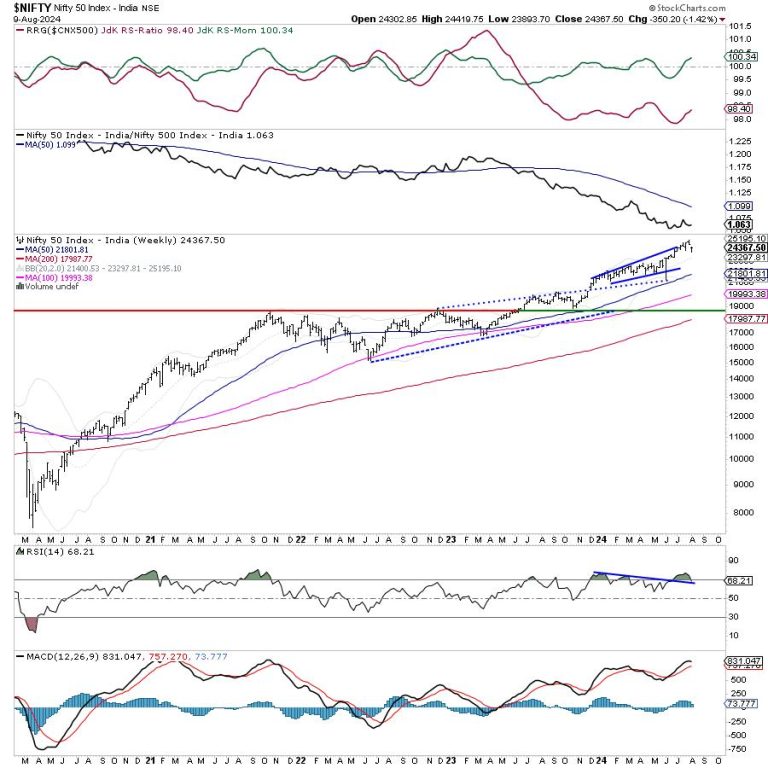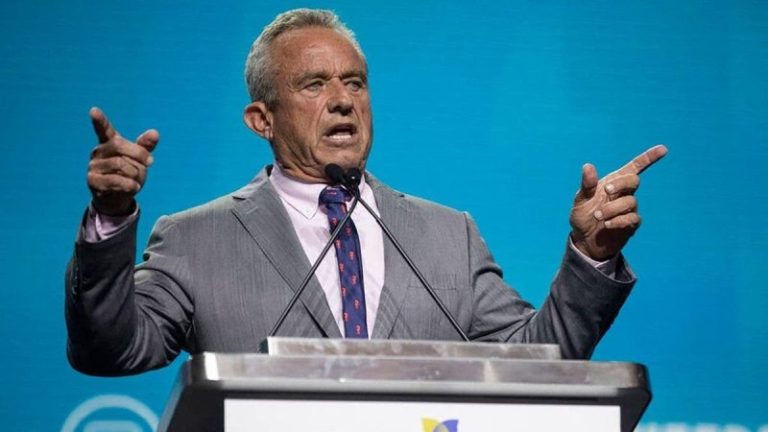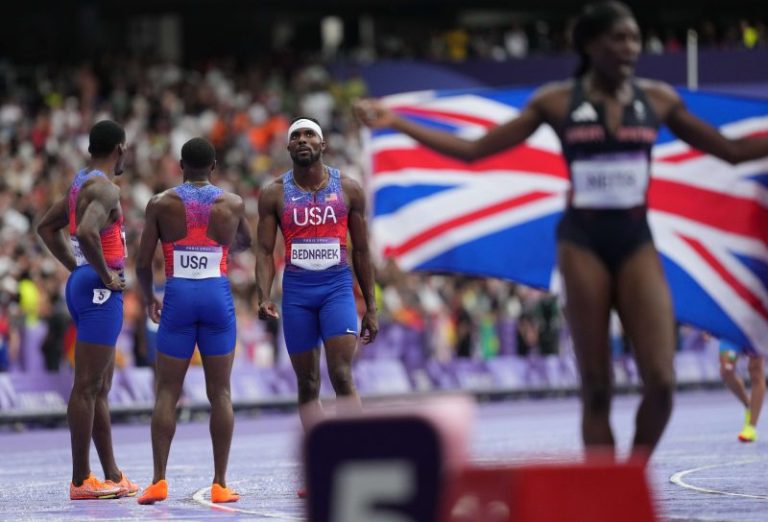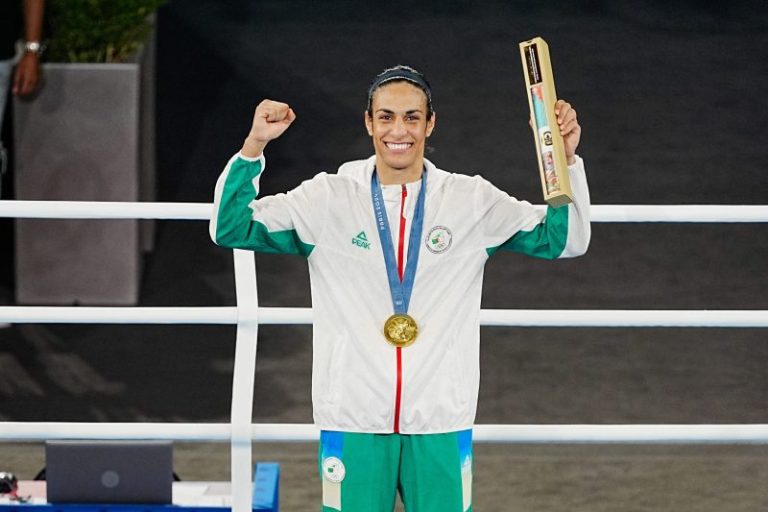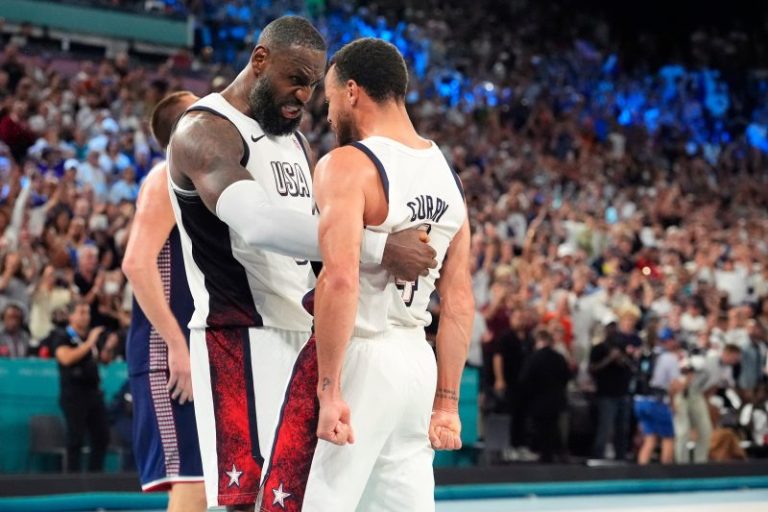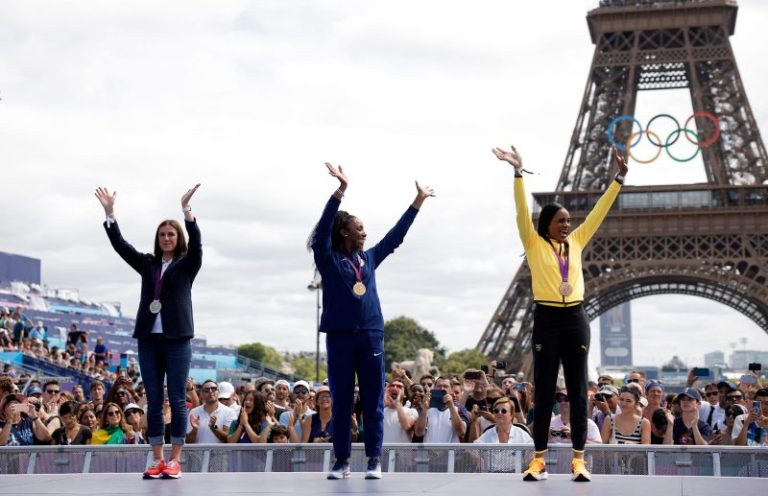Harrisonburg, Virginia, is a beautiful little town nestled in the Shenandoah Valley that is waking up from a nap as it awaits the arrival of students to James Madison University next week.
‘They come from New York or New Jersey and register to vote here,’ Marla, the manager of the Texas Inn diner told me. She wasn’t mad about it, it’s just a fact of life in these kinds of hamlets.
Marla is a Donald Trump supporter, late 50’s white woman, and she was the first person in Harrisonburg who I asked the pressing question of the day: Do you know who Kamala Harris is?
‘Not at all,’ she told me. ‘I have no idea.’
This was the answer I got from everyone I spoke to, across the entire political spectrum, which is displayed in all its bright colors in Harrisonburg.
Rick was here for a convention of photographers and is a rural Virginia Democrat, another older white voter.
‘I do wish Harris would do some interviews, make it clearer what she stands for,’ he told me.
I asked him if he would still vote for her if she keeps stiff-arming the press.
‘Yes,’ he said, ‘I mean, look at the other choice.’
Earlier that day, I had spoken to Jim, from New York, who was dropping off his sophomore daughter at school, and he gave me the inverse response.
‘I’m a Republican,’ he told me, ‘so I can’t vote for this far-left Democratic ticket. But I’m also a New Yorker [and] I’m not nuts about Trump. But what choice do I have?
Increasingly, this election feels like: 2024 What Choice Do I Have?
Larry, a local in his 40s listening to another talented local play guitar in the hotel lobby, has all but given up.
‘It doesn’t matter who the president is,’ he said, resigned to an increasingly common political despair. ‘Until Congress has term limits, it doesn’t matter, they just do what’s best for themselves.’
But there are voters still making up their minds, not swept away by either party or candidate. Derrick, a black man in his early thirties in town for a leadership conference, also wants to know what Harris stands for.
‘She has no platform,’ he said. ‘All I hear is women’s rights and abortion. I want to know if she is just going to be Biden again.’
A lot of people want to know that, but do enough want it for Harris to actually define herself? That remains to be seen.
The frustration of the American voter is increasingly apparent. As one person put it, ‘these politicians just talk right past us, nobody listens.’
Democrats I spoke to here, like elsewhere across beautiful America of highway and small town, are more excited now that Harris is running. It is palpable, it is real, there’s no question about it, but there is something else, a kind of nervous lack of clarity.
‘Maybe the less she does, the better,’ another member of the leadership conference confided to me, and I could hear in his voice that he knew what he was saying was, well, less than ideal.
In just over a week, as wide-eyed freshmen fill the dorms at James Madison and Marla starts serving them Cheesy Westerns with homemade Texas relish, the Democratic National Convention will begin. Surely, there must be an appearance of the real Kamala Harris, if there is one.
But for now, in this charming town of church steeples and college greens, the voters wait. They wait to see if Trump can stay disciplined, if Harris can define herself, or if some new event will throw a new curveball into this bizarre election.
The people are pensive, but they are also living their lives, and politics doesn’t always pierce through. That may be what Kamala Harris and her campaign are counting on. And it just might work.


